Apple Will Move Macs to Custom Silicon, Details Transition From Intel
It was a long time coming
Apple is transitioning its Mac computers to its own custom chip designs based on Arm. The company is detailing its transition away from Intel's processors at its annual WWDC (Worldwide Developers Conference). Apple calls the new chip 'Apple Silicon.'
Apple's Johny Srouji, head of the company's chip design, said Apple's CPUs are often more powerful than PC laptops. He said he wants Apple Silicon to be more powerful while consuming less power.
Srouji said the GPU and battery life would be better, and privacy would be paramount. CEO Tim Cook said the company will launch the first Mac with an Apple CPU by the end of the year, while there are still more Intel Macs in the pipeline. He suggested the entire transition will take roughly two years.
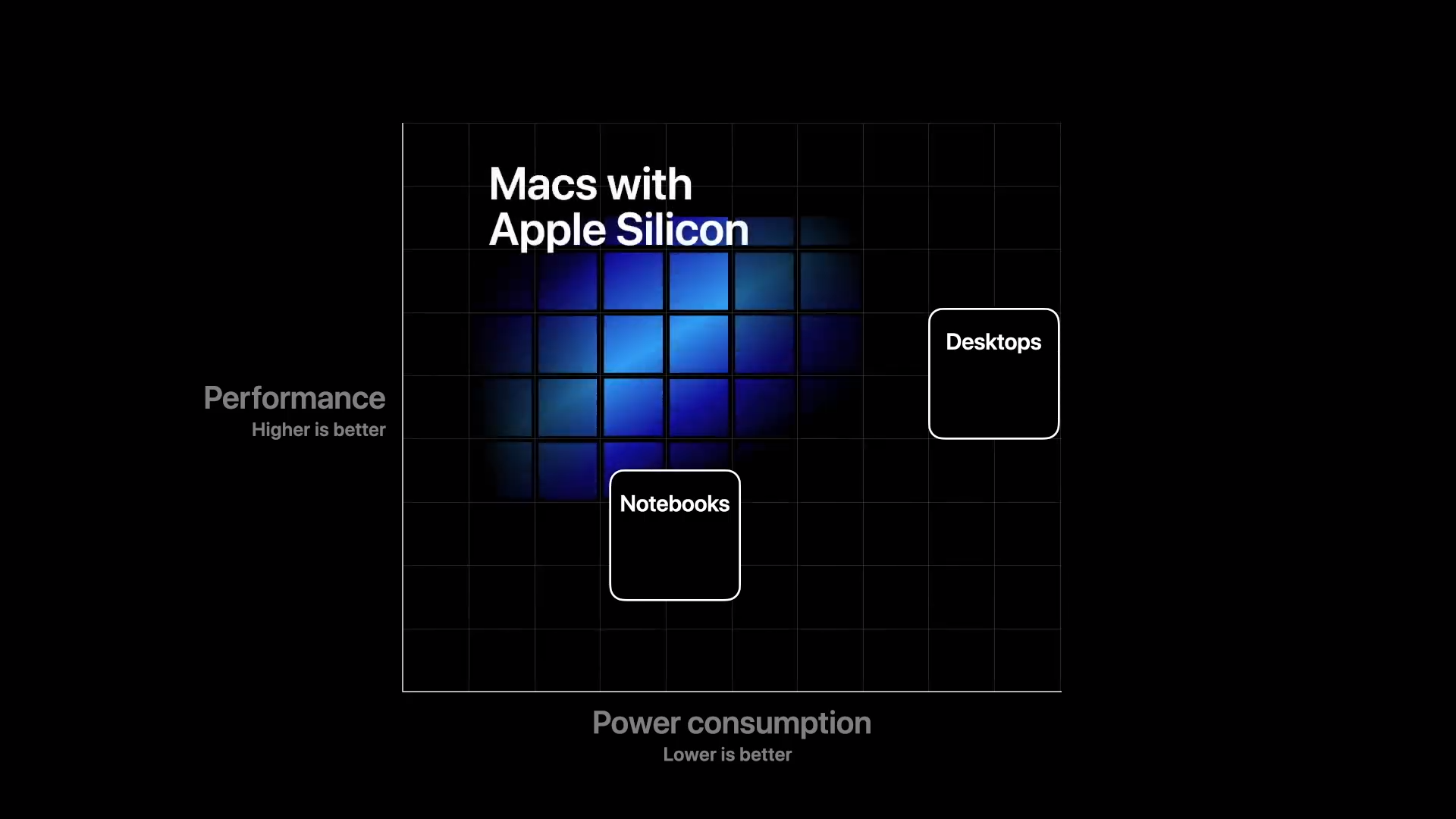
The first silicon will be on Macs with macOS 10.16, Big Sur. Apple made every app it has produced to operate natively with the new chips, and developers will merely have to recompile in xCode. Universal 2, a new binary that works on Intel Macs and Apple Silicon Macs, can use the binary for all of their users. Apple's Craig Federighi said Microsoft and Adobe are already working on apps. Those include Word, Excel, PowerPoint, Lightroom and Photoshop.
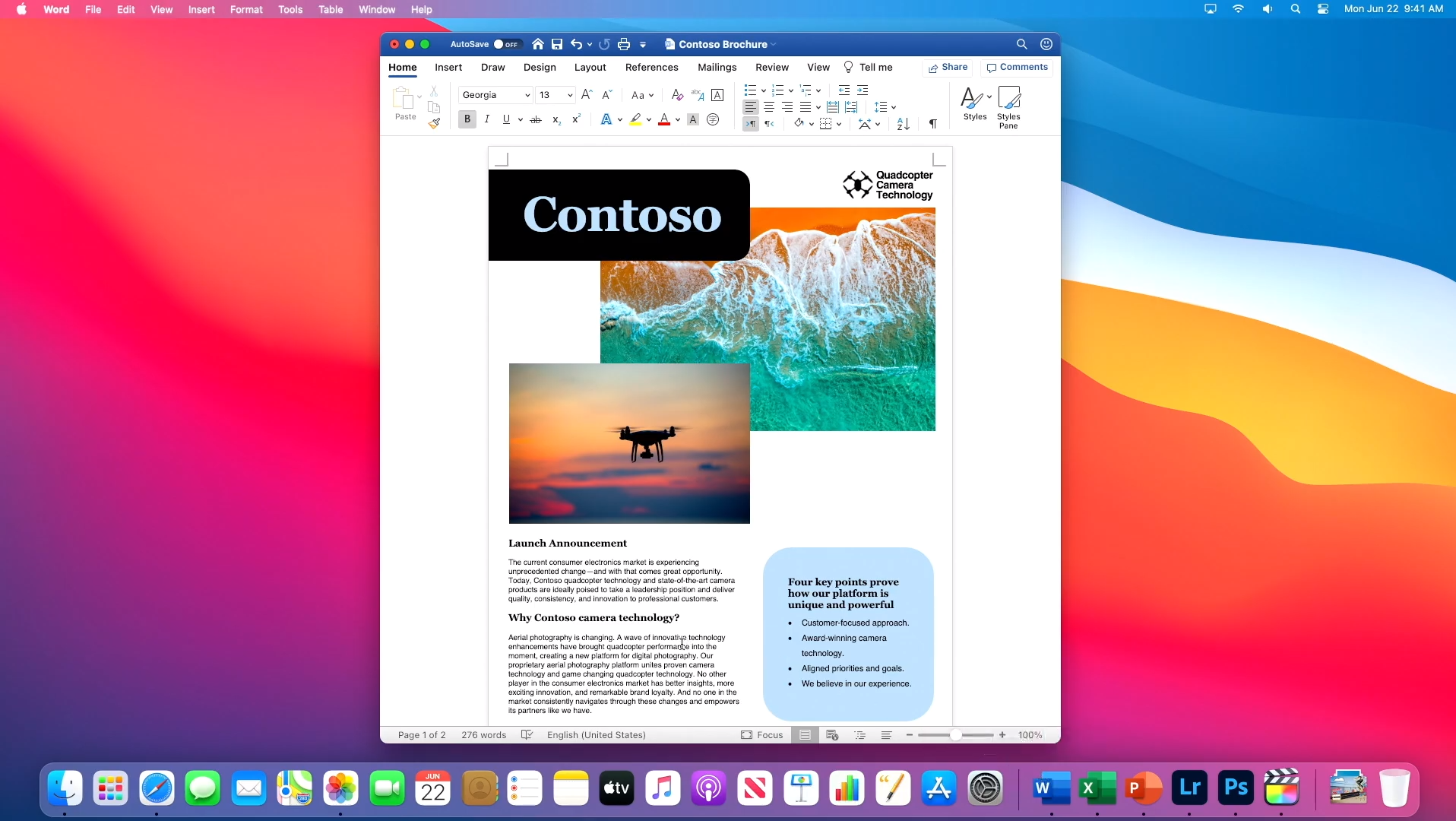
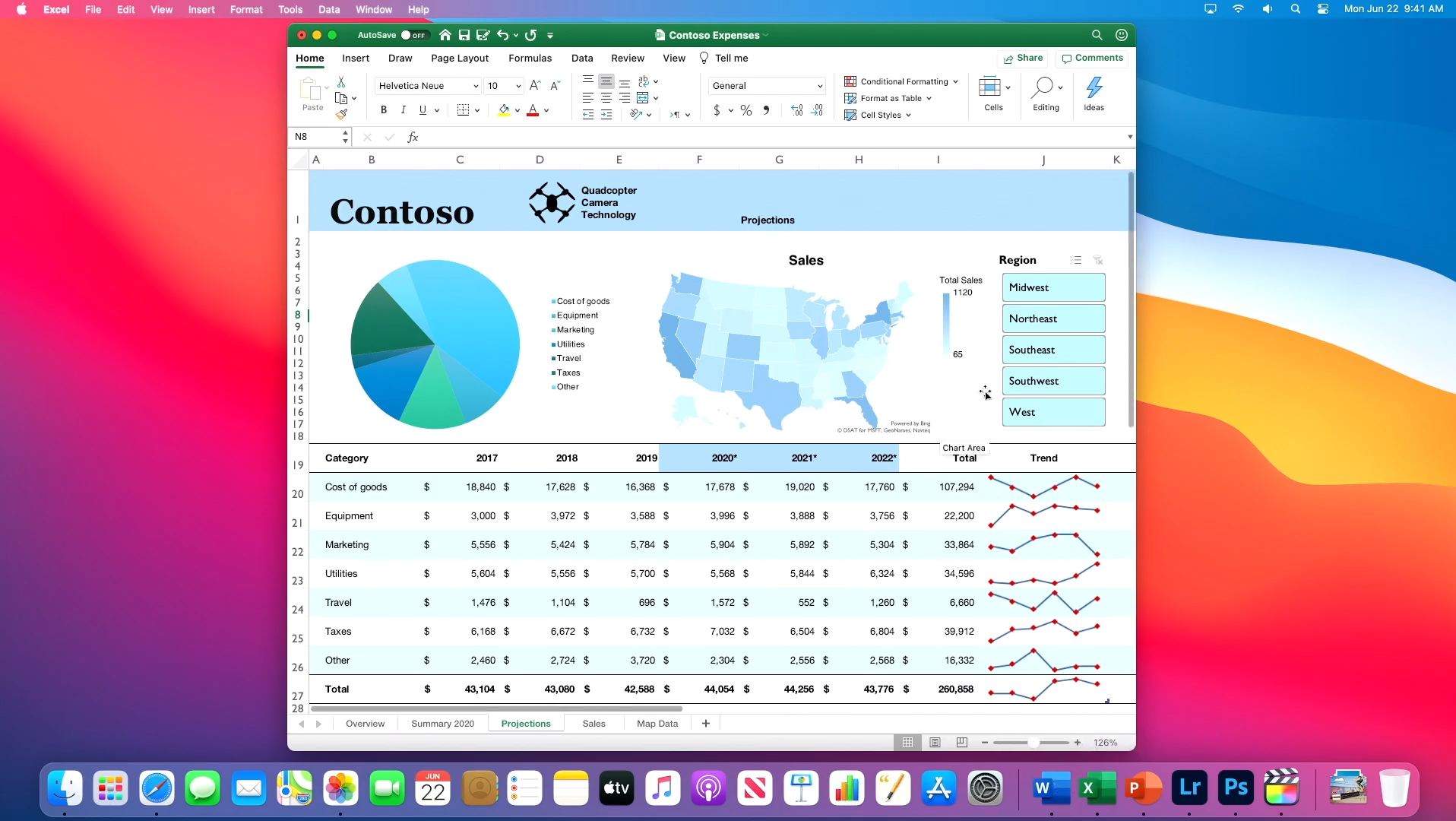
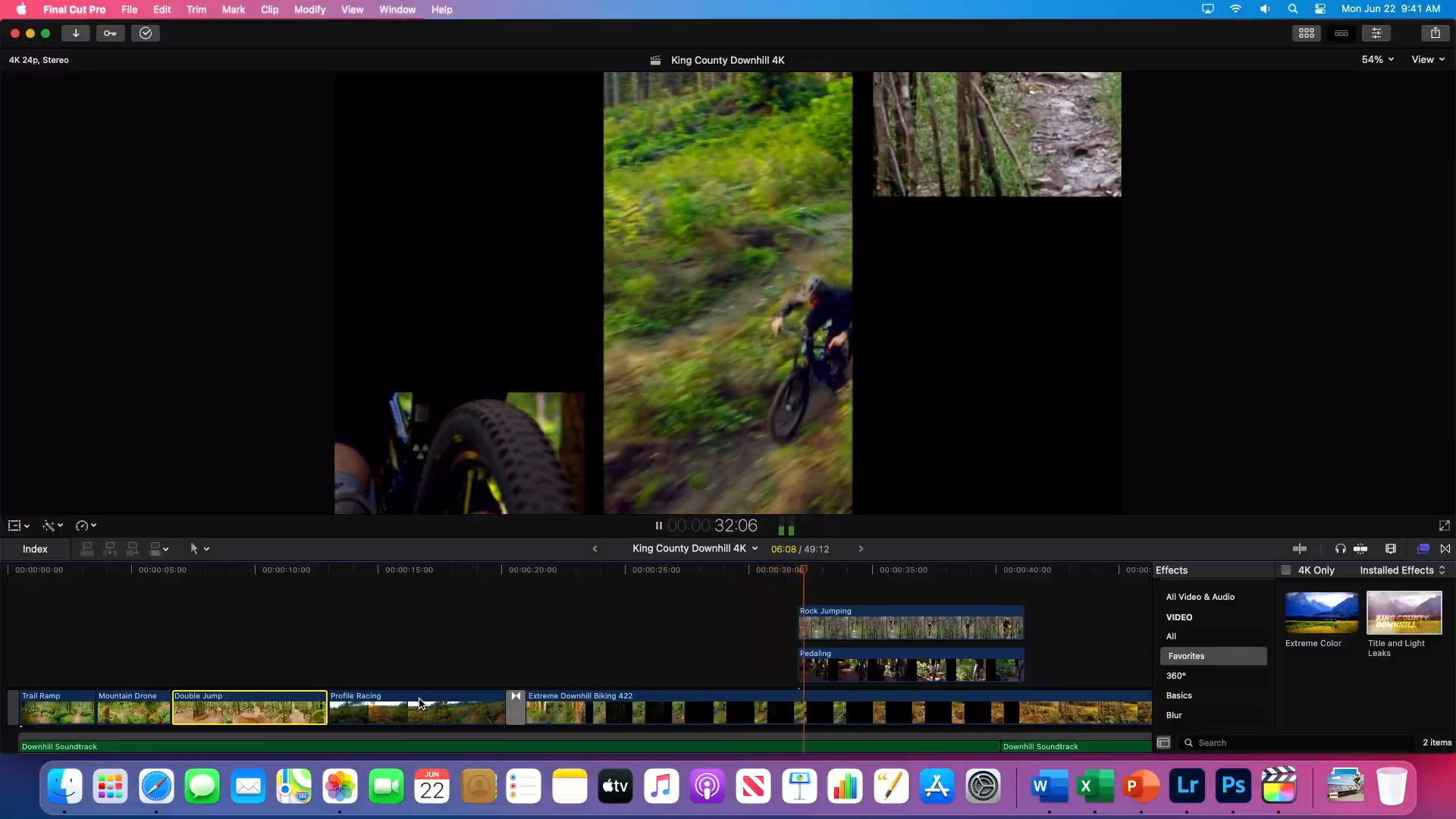
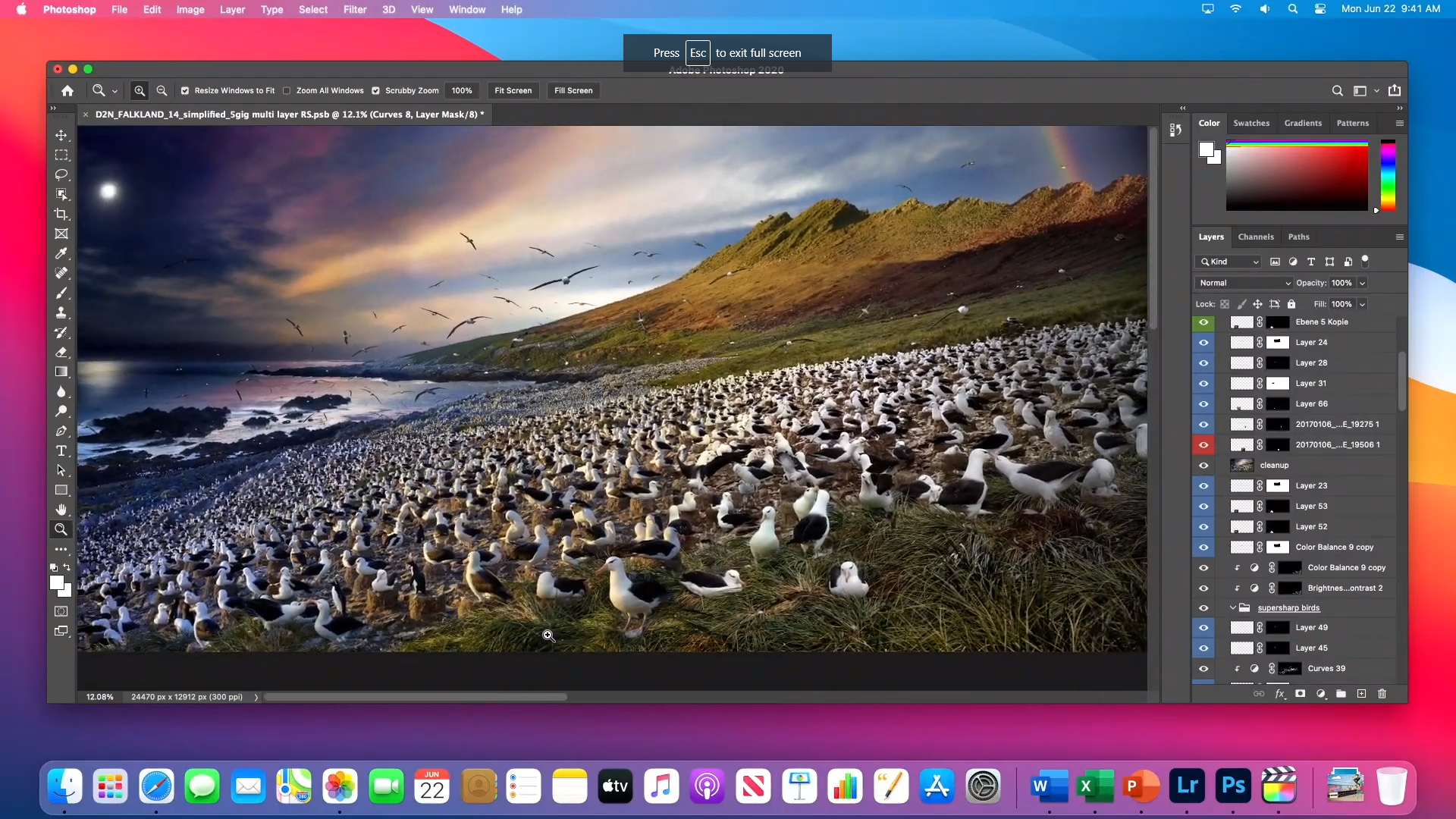
Federighi said all demos during WWDC ran on a development system using Apple's 12Z Bionic chip.
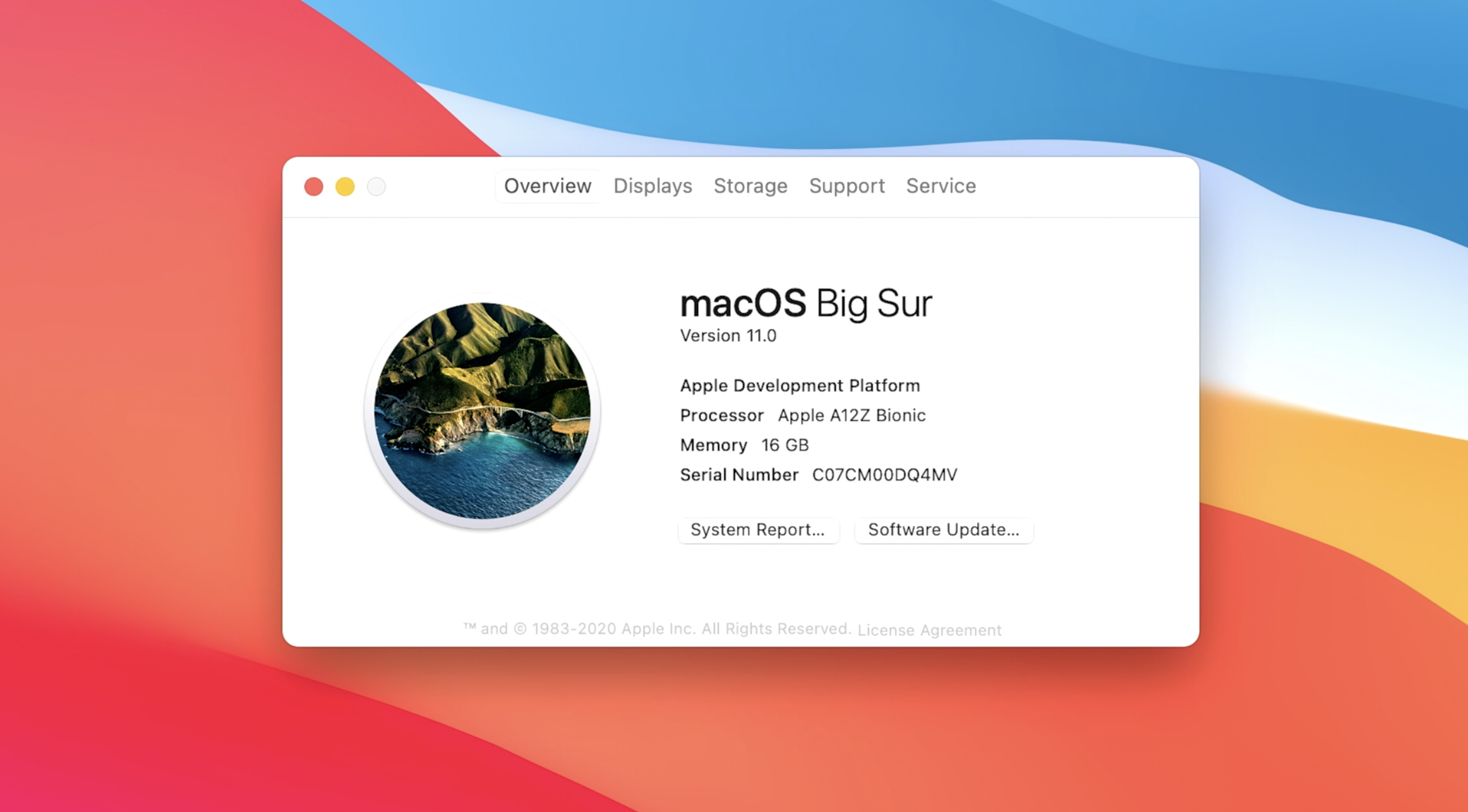
A new version of Rosetta, Rosetta 2, will let you run apps made for Intel Macs on Apple's own systems. It translates code when apps are installed, but can also do it while you use apps. Apple also showed gaming, including Shadow of the Tomb Raider, working through Rosetta 2 at 1080p with emulation.
Big Sur will have virtualization for Linux and Docker. You'll also be able to run iPhone and iPad apps natively on new Macs, all without developers changing anything.
Get Tom's Hardware's best news and in-depth reviews, straight to your inbox.
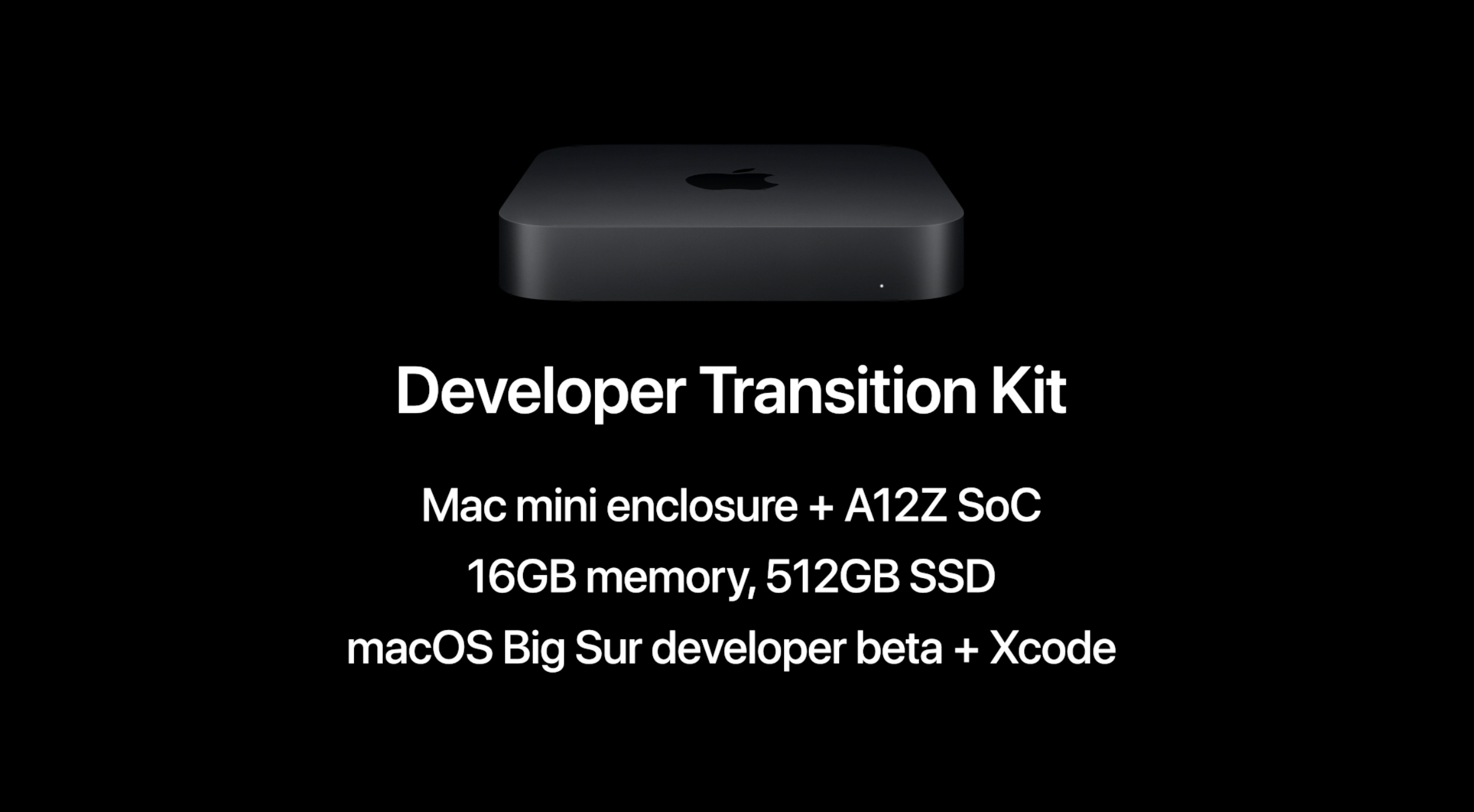
There will be a Quick Start program for developers, including forums, sample code and access to Apple support. There will also be a hardware developer kit: a Mac Mini with A12Z, 16GB of RAM and a beta of macOS Big Sur.
Analysts have often estimated that Apple's computers make up between 5 to 7% of Intel's client computing business.
"Apple is a customer across several areas of business, and we will continue to support them," an Intel spokesperson told Tom's Hardware. "Intel remains focused on delivering the most advanced PC experiences and a wide range of technology choices that redefine computing. We believe Intel-powered PCs—like those based on our forthcoming Tiger Lake mobile platform—provide global customers the best experience in the areas they value most, as well as the most open platform for developers, both today and into the future."
Apple developing its own chips in-house will allow it further control of its ecosystem, including not tying new computer releases to Intel's schedule. Apple already uses its own processors in the iPad, iPhone and Apple Watch. Its own T2 chip has already taken over some security and SSD controlling processes in its Macs alongside Intel processors, and the company has also made its own GPUs for the iPhone and iPad. Srouji said Apple had shipped over 2 billion SoCs on those devices.
This isn't the first time that Apple has transitioned between processor architectures on the Mac. It moved from the Motorola 68000 series to PowerPC, and then announced a transition from PowerPC to Intel at WWDC in 2005.
Updated June 22 at 3:15 p.m. ET with Intel's response.

Andrew E. Freedman is a senior editor at Tom's Hardware focusing on laptops, desktops and gaming. He also keeps up with the latest news. A lover of all things gaming and tech, his previous work has shown up in Tom's Guide, Laptop Mag, Kotaku, PCMag and Complex, among others. Follow him on Threads @FreedmanAE and BlueSky @andrewfreedman.net. You can send him tips on Signal: andrewfreedman.01
-
artk2219 Its not like the writing wasn't on the wall for this one, I wonder if they'll do better this time around vs how the 90's went for them, though I guess itll be less of a blow now given that most of their sales currently come from phones and tablets. I can still see plenty of video production and marketing firms going all up in a tizzy about this though, honestly I do hope it goes well for them. They're building that walled garden that keeps people out to Apple's own detriment in the long run.Reply -
bit_user Reply
I got the sense that the x86 transition went pretty smoothly.artk2219 said:Its not like the writing wasn't on the wall for this one, I wonder if they'll do better this time around vs how the 90's went for them,
Yeah, I guess if you have lots of Macs and can't afford to upgrade them all at once, then you have to manage a mix of machines and perhaps there will be software that's natively-compiled for one flavor or the other. You'd hope software vendors will include both flavors, if they are natively compiled.artk2219 said:I can still see plenty of video production and marketing firms going all up in a tizzy about this
To be honest, I don't have a lot of sympathy for Mac users, though. The only reason Apple gets away with locking them in its walled garden is that they put up with it. -
artk2219 Replybit_user said:I wonder if anyone will build a "Hackintosh", based on a Qualcomm 8cx or similar.
Probably more a question of when, especially given apples "awesome" track record when it comes to security and actually keeping users from doing things they didn't want them to do with their hardware and software. Of course you'll never be able to do updates since im sure they'll issue a patch to kill your hackintosh at some point in the future. -
artk2219 The x86 transition yes, that wasn't the worst, especially if they recompiled the software that you used most often for x86 and offered it to you as a download or mail in disk. I was thinking more of the change from Motorola 68K to PowerPC, that move didnt go well at all, but that was a weird time for apple in general honestly. Also you could get 486 add in cards for your powermac to do x86 dev work on hah.Reply -
nofanneeded Replybit_user said:I wonder if anyone will build a "Hackintosh", based on a Qualcomm 8cx or similar.
will never happen , The GPU will be different , and the ARM will have security features unlike Generic Chip from intel ... Actually I think the chip will have hardware encryption built in ...
Forget about Hackintosh when this happens ... Just like Xbox One X is impossible to hack. -
atomicWAR I am interested to see how performant they can get the ARM instruction set. Clearly they have made great strides as you can see with benchmarks of thier exsisting silicon for mobile phones/tablets but my concern is the desktop space. I am not as certain they can get the numbers they may want or need but I could well be wrong! I already feel like they overcharge by a lot for their x86 systems compared to BOM costs. They mark up crappy x86 parts, clearly not all models but a lot of them, to well past PC enthusiast pricing levels. There is a reason I have heard the term Crapintosh on more then one occasion. I worry this trend will only get worse with their move to ARM. I guess time will tell...Reply -
computerjoe314 I'm curious whether this will lead to better support for software on the Raspberry Pi.Reply -
TCA_ChinChin Reply
Fingers crossed but probably only very very indirectly if at all.computerjoe314 said:I'm curious whether this will lead to better support for software on the Raspberry Pi. -
domih Motorola -> PowerPC -> Intel -> ARM.Reply
I guess they really do not like AMD :)
This being said, with switching to their in-house developed ARM they'll stop to thermally smother Intel processors in their laptops.